
Medical science comprises multiple fields, each dedicated to enhancing our understanding of the human body, detecting diseases, and improving healthcare outcomes. One such crucial field is Hematology.
Brief understanding of Hematology
Hematology is the branch of medicine concerned with the study of blood, the blood-forming organs, and blood diseases. It involves both the diagnosis and treatment of blood disorders which can encompass a wide range of conditions, from anemia and hemophilia to leukemia and lymphoma.
Importance of Hematology in medical science
Given that blood circulates throughout our body and plays a vital role in transporting oxygen, nutrients, hormones, and other crucial elements, it’s clear why Hematology is pivotal in medical science. Hematology helps uncover the mysteries of blood, its components, and the role it plays in maintaining a healthy body. Consequently, Hematology becomes instrumental when it comes to detecting and managing variousBlood disorders and diseases.
Who are Hematologists?
The definition of Hematologist
A hematologist is a professional who specializes in Hematology. They are experts in diagnosing, treating, and preventing diseases and disorders related to blood and the lymphatic system.
The principal role and responsibility of a Hematologist
The principal role of a hematologist centers around the diagnosis, treatment, and prevention of diseases and disorders related to blood. They perform routine blood tests, diagnose various hematology conditions, plan and manage treatment strategies, and provide comprehensive care to patients suffering from blood-related illnesses.
Get to know us better
If you are reading this, you are in the right place – we do not care who you are and what you do, press the button and follow discussions live

The Education and training to become a Hematologist
School and undergraduate studies
Budding hematologists typically start their journey with an undergraduate degree in Pre-Medicine, Biology, Chemistry, or a related field. This foundation-level education is usually followed by a medical school for specialized training.
Medical school and Hematology specialization
After undergraduate studies, aspiring hematologists attend medical school for four years. This phase includes two years of classroom-based learning followed by two years of clinical rotations. Following medical school, candidates can pick Hematology as their specialization.
Residency and fellowship in Hematology
Post-medical school, candidates undertake a residency in Internal Medicine which lasts about three years. After this, they complete a fellowship in Hematology that lasts another two to three years. The fellowship provides in-depth experience in diagnosing and treating blood diseases.
The Scope of Hematology
Different subspecialties under Hematology
Under the broad umbrella of Hematology are sub-specialties, including coagulation, hemostasis, hematopathology, pediatric Hematology, and more. These allow hematologists to focus on specific areas of blood diseases and disorders.
Comparative study of Oncology and Hematology
While Hematology focuses on diseases related to blood, Oncology focuses on cancers, including blood cancers. Many hematologists often also become oncologists, hence the term hemato-oncologists. They specialize in treating blood cancers like leukemia and lymphomas.
Procedures and Treatments carried out by Hematologists
Blood tests and diagnosis procedures
Hematologists perform several tests to diagnose blood and lymphatic system disorders. These range from simple blood tests to more complex procedures such as bone marrow aspiration.
Common diseases treated by Hematologists
Hematologists treat diverse diseases such as anemia, hemophilia, general blood clots, bleeding disorders, sickle cell disease, leukemia, and lymphoma, among others.
Advanced treatments and therapies in Hematology
Depending on the disease or condition, hematologists make use of various treatments such as blood transfusions, stem cell transplantation, therapeutic phlebotomy, drug therapies, and more.
Working with a Hematologist: What to Expect
Initial consultation and diagnosis
During initial consultations, hematologists perform a thorough physical exam, review medical history, and possibly conduct laboratory tests to make an accurate diagnosis.
Treatment plan and ongoing support
Once diagnosis is confirmed, hematologists construct a comprehensive treatment plan. They provide ongoing care and adapt the treatment plan as per the patient’s response to the therapy.
The role of patient’s involvement in treatment
The role of patient’s involvement in their treatment journey is vital. Working collaboratively with hematologists can significantly improve treatment effectiveness and health outcomes.
The Importance of Hematologists in Today’s Healthcare
The critical role of Hematologists in disease management
Hematologists play a fundamental role in managing diseases directly associated with blood. They help in diagnosis, guide treatment, manage patient care, and provide education on disease management—all of which contribute to better patient outcomes.
Hematology research and advancements
Constant Hematology research is advancing the medical field. This continuous learning contributes to innovative treatment approaches, improved diagnosis methods, and enhanced survival rates for certain blood diseases.
Conclusion
Recap of what a Hematologist is and why they are important
A hematologist is an expert in diagnosing and treating blood disorders and plays a crucial role in healthcare. With their specialized knowledge and expertise, they contribute significantly to the management of various diseases and conditions, improving patient care and overall health outcomes.
FAQs
- What is the main role of a Hematologist?
The main role of a hematologist involves diagnosing, treating, and preventing diseases and disorders related to blood.
- How long does it take to become a Hematologist?
It typically takes about 13-15 years post-high school to become a Hematologist. This includes an undergraduate degree (4 years), medical school (4 years), an internal medicine residency (3 years), and a hematology fellowship (2-3 years).
- What is the difference between a Hematologist and an Oncologist?
An Oncologist specializes in cancer and its treatment, while a Hematologist specializes in diseases related to the blood. However, some hematologists are also qualified oncologists, treating blood cancers such as leukemia and lymphoma.
- What conditions do Hematologists treat?
Hematologists treat a variety of blood disorders and conditions such as anemia, blood clots, bleeding disorders, hemophilia, sickle cell disease, and blood cancers like leukemia and lymphoma.
- What should I expect when visiting a Hematologist for the first time?
On your first visit, a hematologist will typically perform a comprehensive physical examination, review your medical history, and may conduct laboratory tests. They will then provide a diagnosis and discuss potential treatment options.






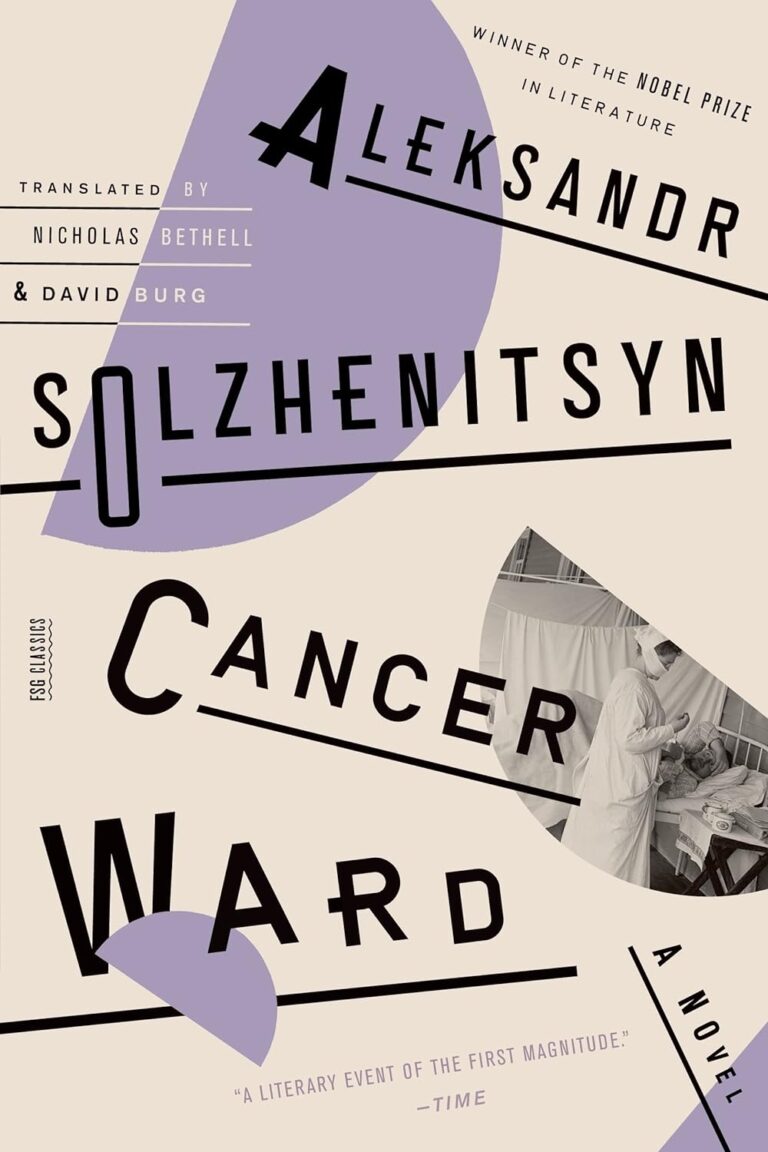
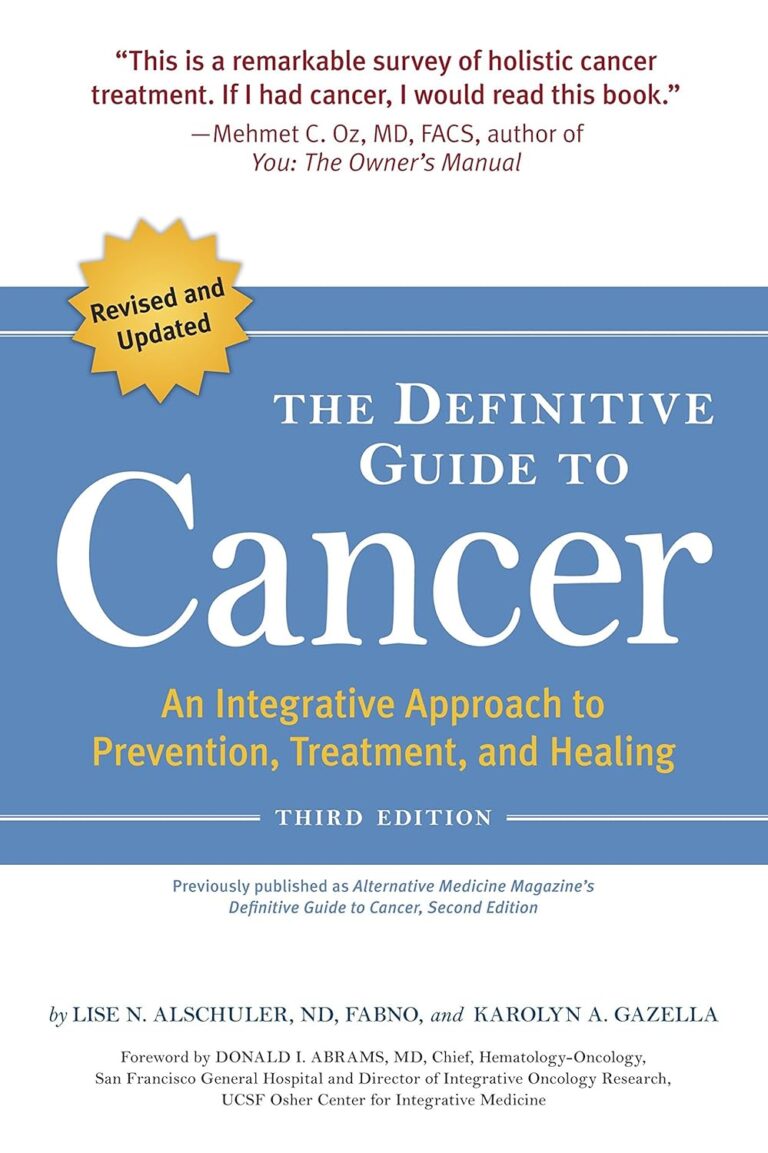
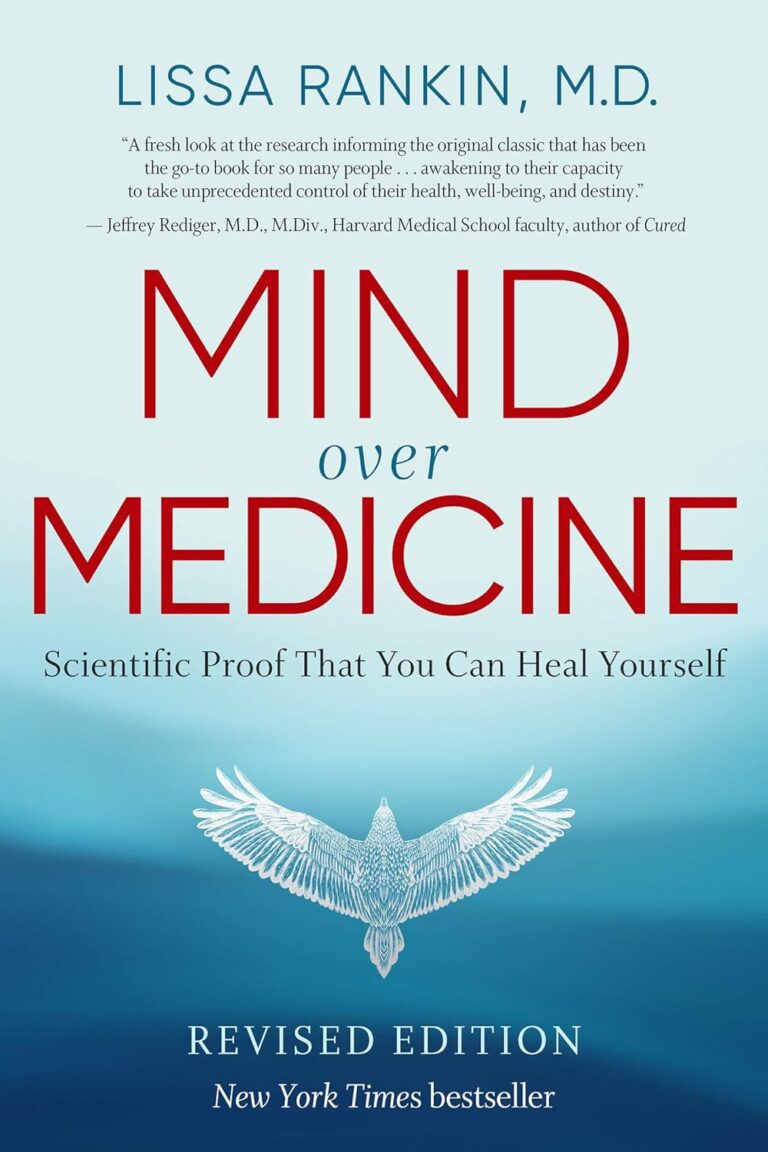

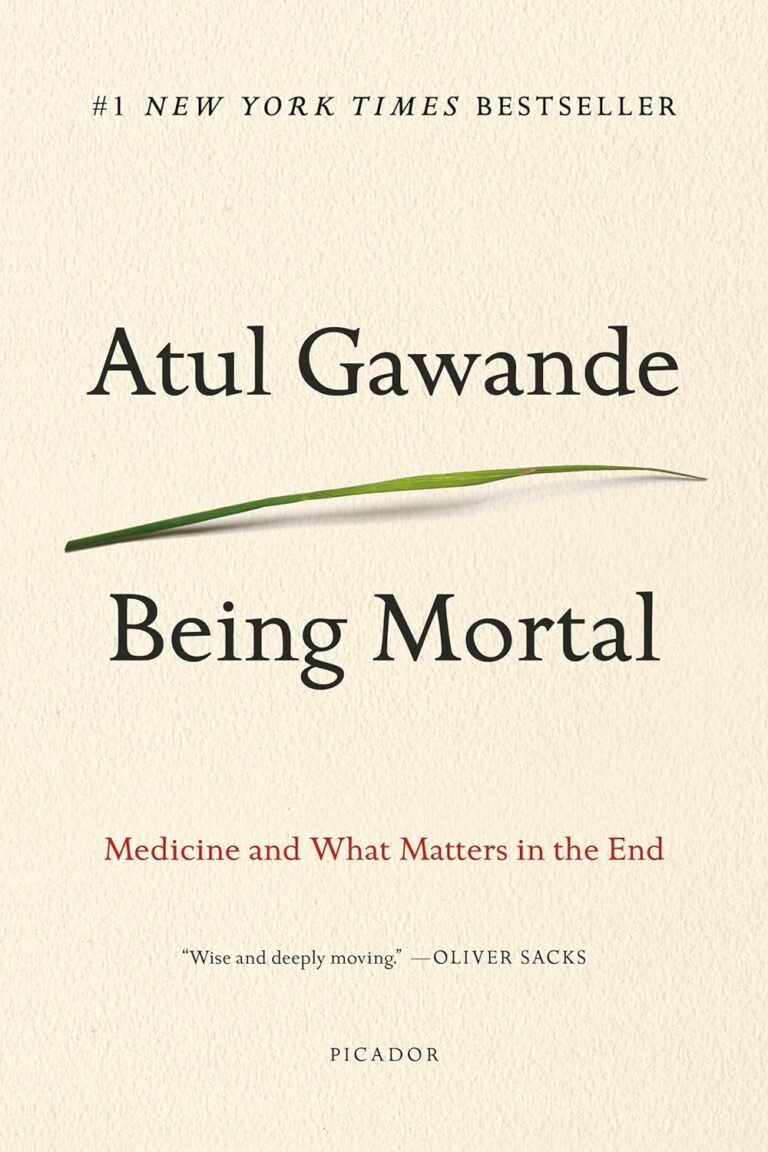
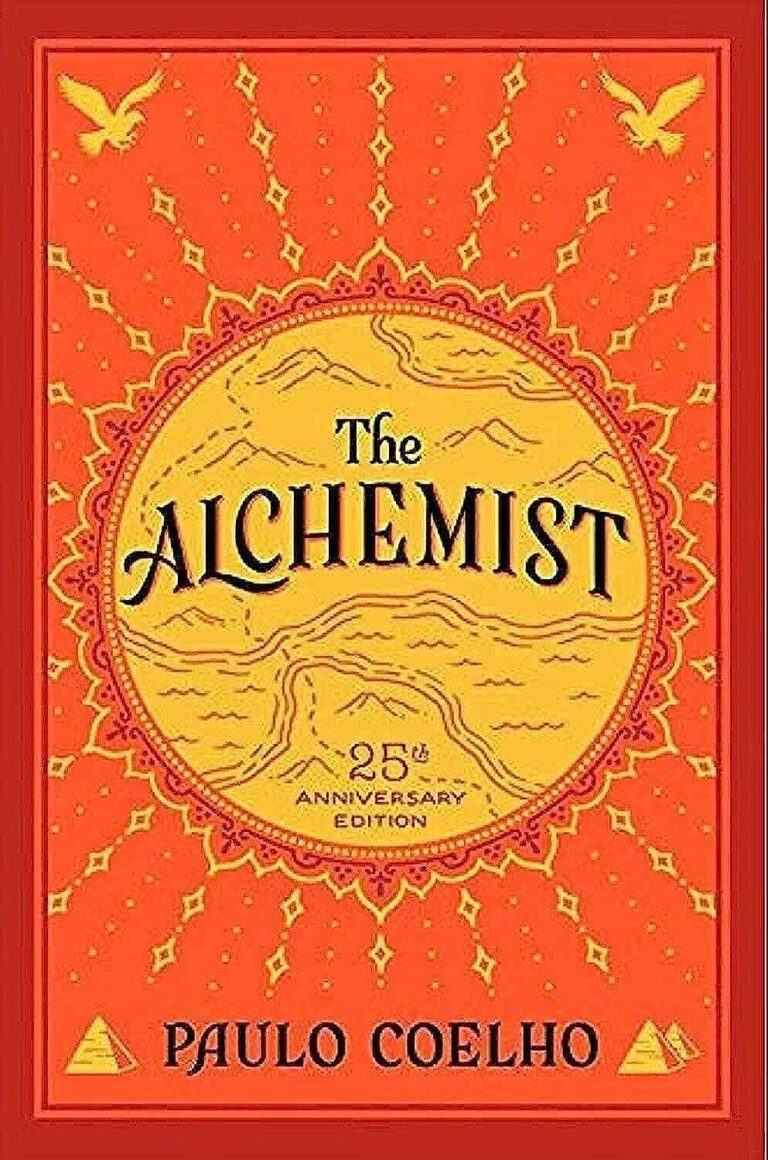





Comments
Thank you. Comment sent for approval.
Something is wrong, try again later